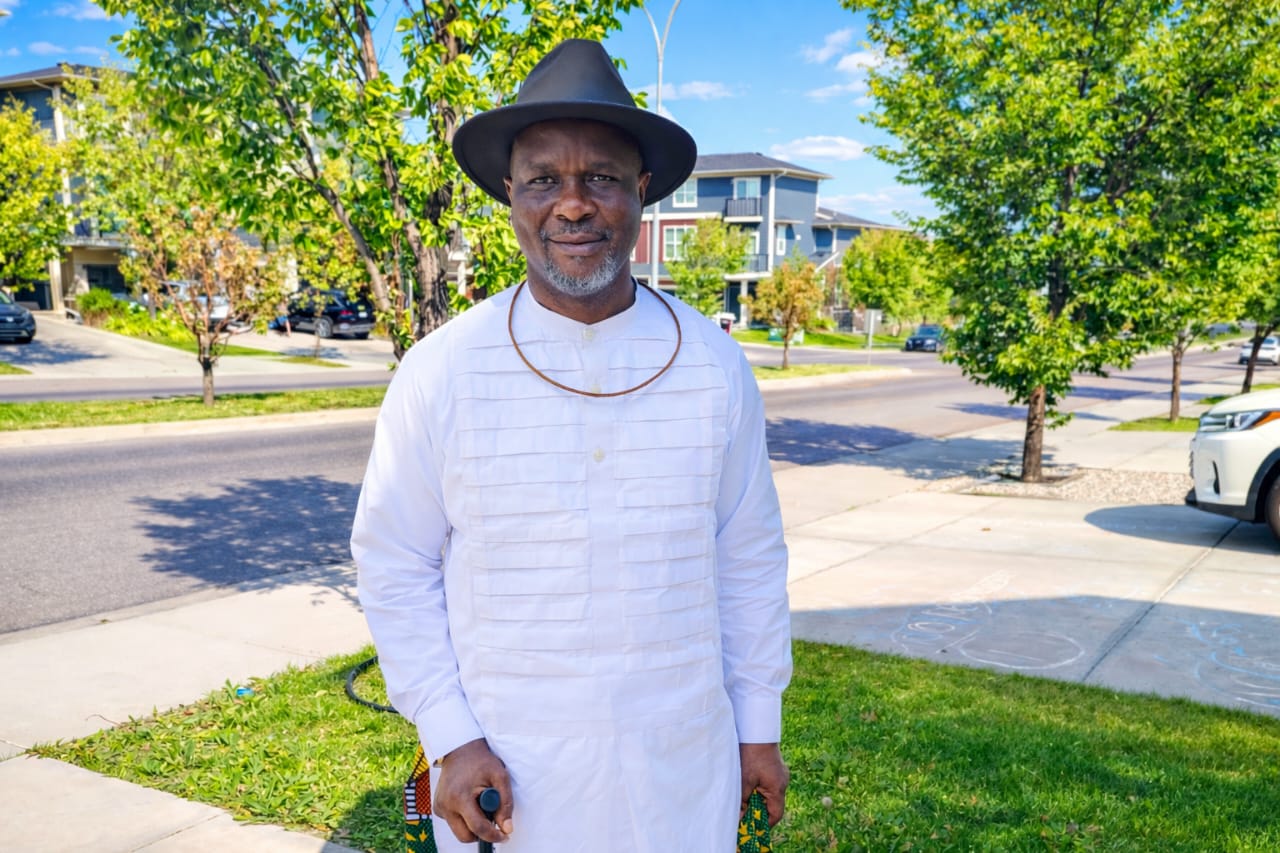In Gabon, conservation efforts lead to clashes between local residents and elephants
In Gabon, conservation efforts aimed at protecting forest elephants are increasingly clashing with local communities, who are struggling to balance their economic needs with the need to protect the environment.
The conservation efforts, which are supported by international organizations, have led to the creation of protected areas, but have also resulted in the displacement of local communities and the loss of their traditional way of life.
Mayaki and his futile attempt to drag Ighodalo into the Oba suit
The villages of Bakoussou are facing a major crisis as elephants continue to encroach on farmlands, damaging crops and disrupting the livelihoods of local residents.
Despite efforts to install electric fences, the elephants have found ways to breach the barriers, leaving the residents feeling frustrated and helpless.
The economic hardship faced by the residents has been exacerbated by the damage caused by the elephants, and some residents, like Kevin Balondoboka, are calling for drastic measures to address the issue.
The proposal to shoot the elephants has generated intense discussion within the community, with some residents contending that it is the only viable solution to safeguard their livelihoods, which are under threat from the elephants’ encroachment into agricultural areas and human settlements, while others are pushing for more humane and sustainable solutions, such as the establishment of elephant corridors and community-led conservation initiatives. The discussion has underscored the need for a multifaceted approach to addressing the issue.
The issue is further compounded by the fact that the elephants are causing widespread damage to crops, leading to food shortages and economic hardship for the local population, while also posing a significant threat to the safety and security of the residents, who are in dire need of a solution to this ongoing problem.

Freddy Mayombo, a farmer in Bakoussou, observed that the electric fences have provided some level of protection against the elephants, but they are not a long-term solution to the problem. “For the moment, it helps us keep the elephants away, but when a whole herd comes, they can break through and get in, and we are left to pick up the pieces and try to find ways to prevent it from happening again,” he said, emphasizing the need for more sustainable and effective solutions to address the issue.
Aime Serge Mibambani Ndimba, a senior official from Gabon’s Ministry of Environment, emphasized the need for action to prevent people from taking matters into their own hands. He pointed out that the current situation is precarious and that if immediate action is not taken, it may lead to catastrophic consequences. “We must provide assistance to Gabon so that we do not arrive at situations where the population is rising up and taking law into their own hands,” he warned, noting that such actions could lead to more violence against elephants, which would be detrimental to the ecosystem and have far-reaching impacts on biodiversity.










